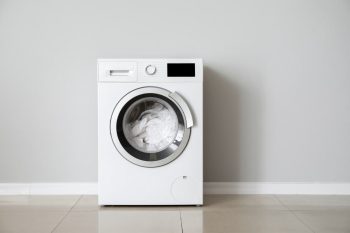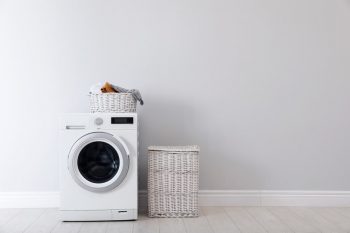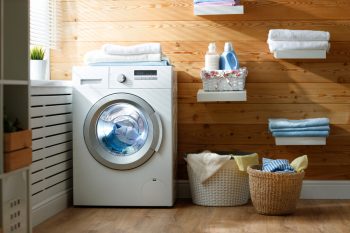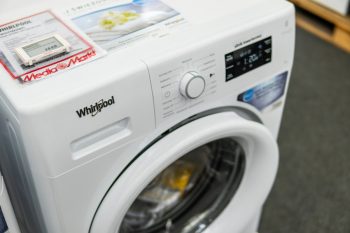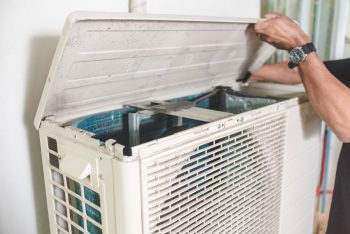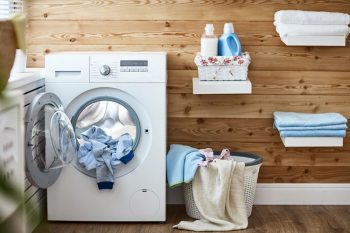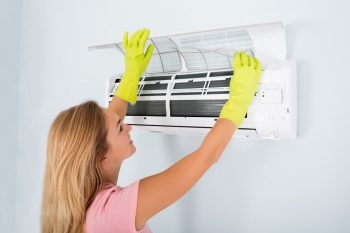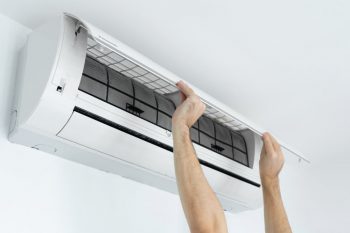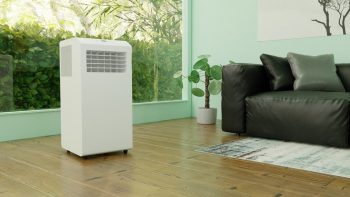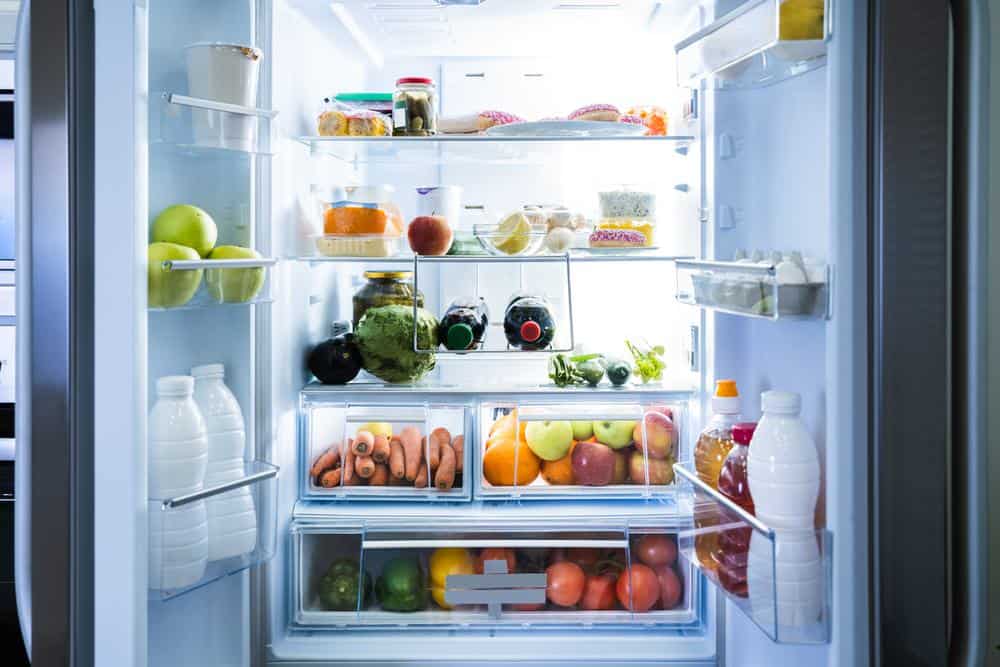
The ability to quickly produce ice is a key feature of modern refrigerators. However, you might have noticed your fridge is not producing ice as fast as it used to, leaving you with a lukewarm drink on a hot day. Let’s explore why your fridge might be making ice so slowly and how to fix it.
Your fridge may be making ice slowly due to a few reasons. The most common ones include an incorrect temperature setting in the freezer, a clogged water line or filter, low food load in the freezer, and frequent opening of the refrigerator doors. Troubleshooting can involve checking and adjusting the freezer temperature, inspecting and cleaning the water line, replacing the water filter, and ensuring the ice maker unit is correctly installed. Regular maintenance is also crucial for optimal ice production. If the problem persists, it may be best to consult a professional.
Understanding the Ice-Making Process
Before we delve into the reasons behind slow ice production, it’s crucial to understand how the ice-making process works in most refrigerators. The process involves several key components, including the water supply, water valve, ice mold, freezer temperature control, and ice dispenser.
Here’s a step-by-step breakdown of the process:
- The refrigerator ice maker is connected to the home’s water supply line, providing fresh water for the ice-making process.
- The water valve opens, allowing water to flow into the ice mold. The amount of water is controlled by a timer to ensure the proper size of ice cubes.
- The water in the ice mold is frozen by the refrigerator’s cooling unit. The ice maker has a built-in thermistor that monitors the water temperature in the molds. When the temperature reaches a certain level, the thermistor closes a switch in the electrical circuit.
- When the thermistor closes the switch, a current flows through the heating coil underneath the ice maker, loosening the ice cubes.
- The ice maker’s motor spins a gear, which rotates another gear on a long plastic shaft with ejector teeth. The ejector teeth rotate and push the ice cubes out of the mold and into the ice dispenser.
- The ice dispenser stores the ice cubes until they are needed. When you press the dispenser button on the refrigerator, the ice cubes are released into your glass.
With this process in mind, let’s look at what could be slowing down your ice maker.
Reasons for Slow Ice Production
There could be several reasons why your fridge is making ice slowly. Here are the most common ones:
Incorrect Temperature Setting
The freezer temperature should be between 0 and 5 degrees Fahrenheit for optimal ice production. If the temperature is set too high, it will take longer for the water to freeze.
Clogged Water Line or Filter
A clogged water line or filter can restrict water flow to the ice maker, causing it to run slowly. Check the water line for any kinks or blockages and replace the water filter if it hasn’t been replaced recently.
Low Food Load
Having too little food in the freezer can affect the ice maker’s performance. A greater food load helps maintain stable temperatures, which can improve ice production.
Frequent Opening of Refrigerator Doors
If the refrigerator door is opened frequently, it can increase the temperature inside, slowing down ice production.
Troubleshooting Slow Ice Production
If you notice your fridge is making ice slowly, there are several steps you can take to troubleshoot the issue:
- Check the freezer temperature: Ensure the freezer temperature is set between 0 and 5 degrees Fahrenheit.
- Inspect the water line: Look for any kinks, clogs, or blockages in the water line leading to the freezer.
- Replace the water filter: A clogged water filter can restrict water flow, slowing down ice production. Replace the water filter at least every six months.
- Check the ice maker installation: If your refrigerator is new, ensure that the ice maker unit is installed correctly according to the user manual.
If you’ve tried all of these steps and your ice maker is still not working properly, it might be time to consult a professional appliance repair technician.
The Role of Regular Maintenance
Regular maintenance is crucial for optimal ice production, as it maintains the cleanliness, efficiency, and longevity of the ice machine. This includes cleaning and sanitizing the water system, inspecting and replacing filters, checking the refrigerant levels, and cleaning the condenser coils. Regular maintenance can prevent issues, avoid costly repairs or replacements, and ensure optimal performance.
Conclusion
Slow ice production can be a nuisance, especially during hot summer months. However, understanding the underlying causes and implementing the troubleshooting steps outlined in this article can help improve the performance of your ice maker. Remember, regular maintenance is key to ensuring your fridge continues to produce ice efficiently. If all else fails, don’t hesitate to call a professional to diagnose and fix the issue.
Frequently Asked Questions
What is the optimal temperature for my freezer to produce ice efficiently?
The optimal temperature for your freezer to produce ice efficiently is between 0 and 5 degrees Fahrenheit.
How often should I replace the water filter in my fridge?
It is recommended to replace the water filter in your fridge at least every six months.
How does having too little food in the freezer affect ice production?
Having too little food in the freezer can affect the ice maker’s performance. A greater food load helps maintain stable temperatures, which can improve ice production.
How does frequent opening of refrigerator doors slow down ice production?
Frequent opening of refrigerator doors allows warm air to enter the freezer, which increases the temperature inside. This can slow down the freezing process and hence, the ice production.
What should I do if my ice maker is still not working properly after troubleshooting?
If your ice maker is still not working properly after troubleshooting, it might be time to consult a professional appliance repair technician. They can diagnose and fix the issue.
Why is regular maintenance important for my fridge’s ice maker?
Regular maintenance is crucial for optimal ice production, as it maintains the cleanliness, efficiency, and longevity of the ice machine. This includes cleaning and sanitizing the water system, inspecting and replacing filters, checking the refrigerant levels, and cleaning the condenser coils. Regular maintenance can prevent issues, avoid costly repairs or replacements, and ensure optimal performance.

